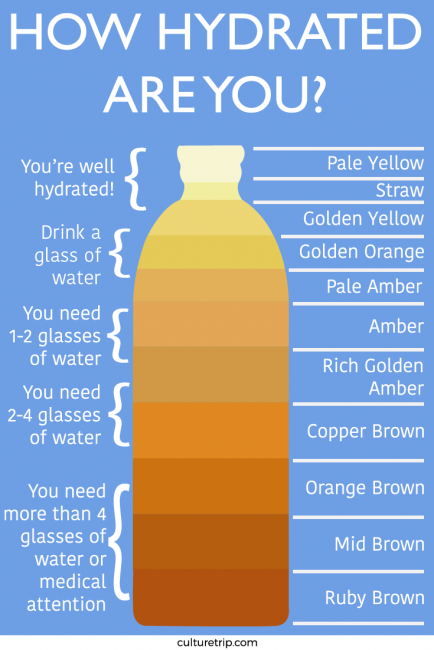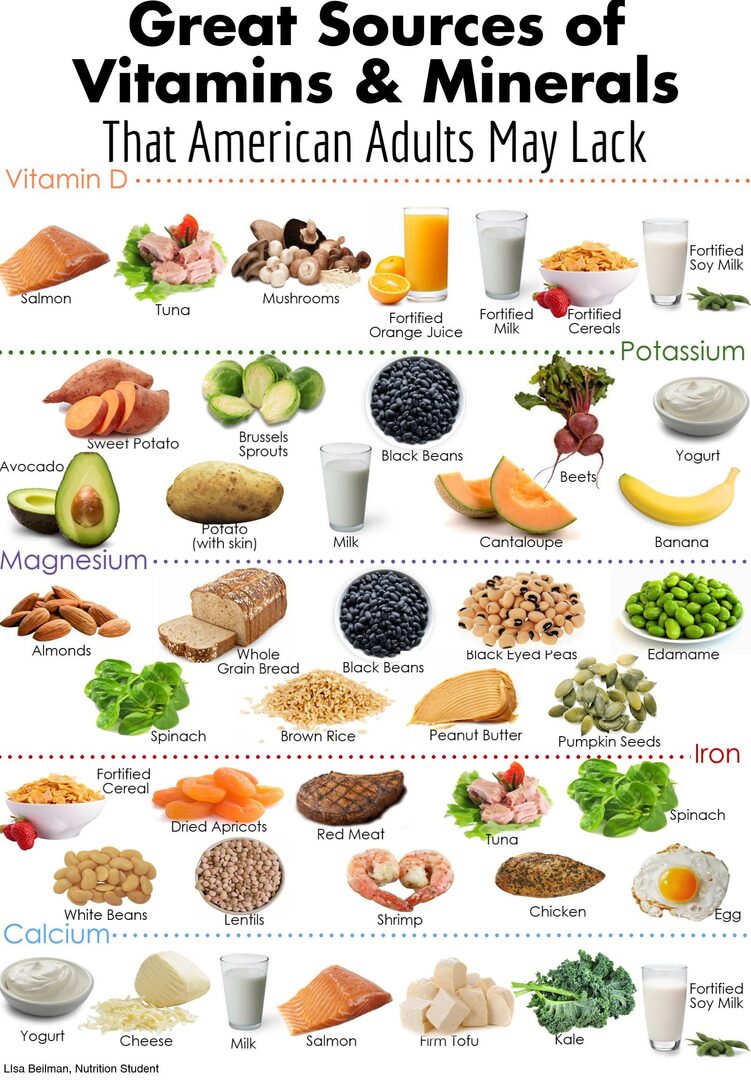Vitamins, Minerals and Hydration
Water (Hydration):
Water is an aspect of nutrition which is often neglected. Macronutrients as we now know are nutrients providing calories or energy and are required in large amounts to maintain daily bodily functions. We have already discussed our main 3 macronutrients, Proteins, Fats and Carbohydrates however, we can argue that water should be included in this as the human body is 50-60% water. Humans can only survive approximately 3-4 days without consuming water in any form.
When we mention total body water, this describes the amount of water in the human body.
Some key terms around Hydration:
Hypohydration = state of decreased water
EU hydration = a state of adequate water
Hyperhydration = state of excessive water
Underhydration = state in which the hormones used to regulate fluid balance are activated
Dehydration = specifically from these 3 states as it describes the process of losing body water
Role of water in the body:
Water is involved in many processes in the body:
- Cellular metabolism - Maintaining homeostasis - Temperature regulation
- Digestion - Solute balance - Balancing pH - Transportation of nutrients
- Oxygen Delivery - Cellular waste clearance - Waste Elimination
The National Academy of Medicine recommends:
Adults should consume average of:
3.7 - 2.7L per day (125 ounces - 90 ounces per day)
Children, it depends on their age:
How Much Water Should Kids Drink? - Children's Health Orange County (choc.org)
*Note: This intake can come from water, other beverages, and food
*Note: Other factors can create greater intake of water these may include diet, sodium intake, environment, lifestyle, body size and age.

Vitamins & Minerals:
Minerals have been regarded as essential nutrients for proper health and wellbeing for a long time. Minerals are an inorganic element that is required for many physiological functions and are put under 3 main categories:
1. Major minerals (macronutrients)
*Required, in large amounts daily
2. Minor minerals (trace minerals)
*Required, in lower daily amounts
3. Electrolytes
As like most things, daily requirements for minerals depend on daily activity levels, body size and lean body mass. If you are a highly active individual, then you will sweat more meaning you require larger amounts of minerals and electrolytes.
Vitamins are a micronutrient required in the diet for maintenance of good health, normal metabolic functioning, tissue/bone growth, recovery/healing, immunity, athletic performance and much more.
Vitamins are found in vegetables, fruits, grains, milk products and dairy products. Vitamins are organic compounds which means they contain carbon atoms as a part of their chemical structure. We need to include vitamins in a diet as the body does not make them in adequate quantities.
Requirements will vary from person to person, it is important to check with your local GP if you feel you are lacking any vitamins in your diet.
Please see the link provided for more vitamin information:
Listing of vitamins - Harvard Health

***
*DISCLAIMER: Please consult your GP before making any changes to your diet, this page is just information to help assist and give you some basic nutrition knowledge.
Reference:
National Academy of medicine
ISSA Nutritionist handbook
Harvard Health



